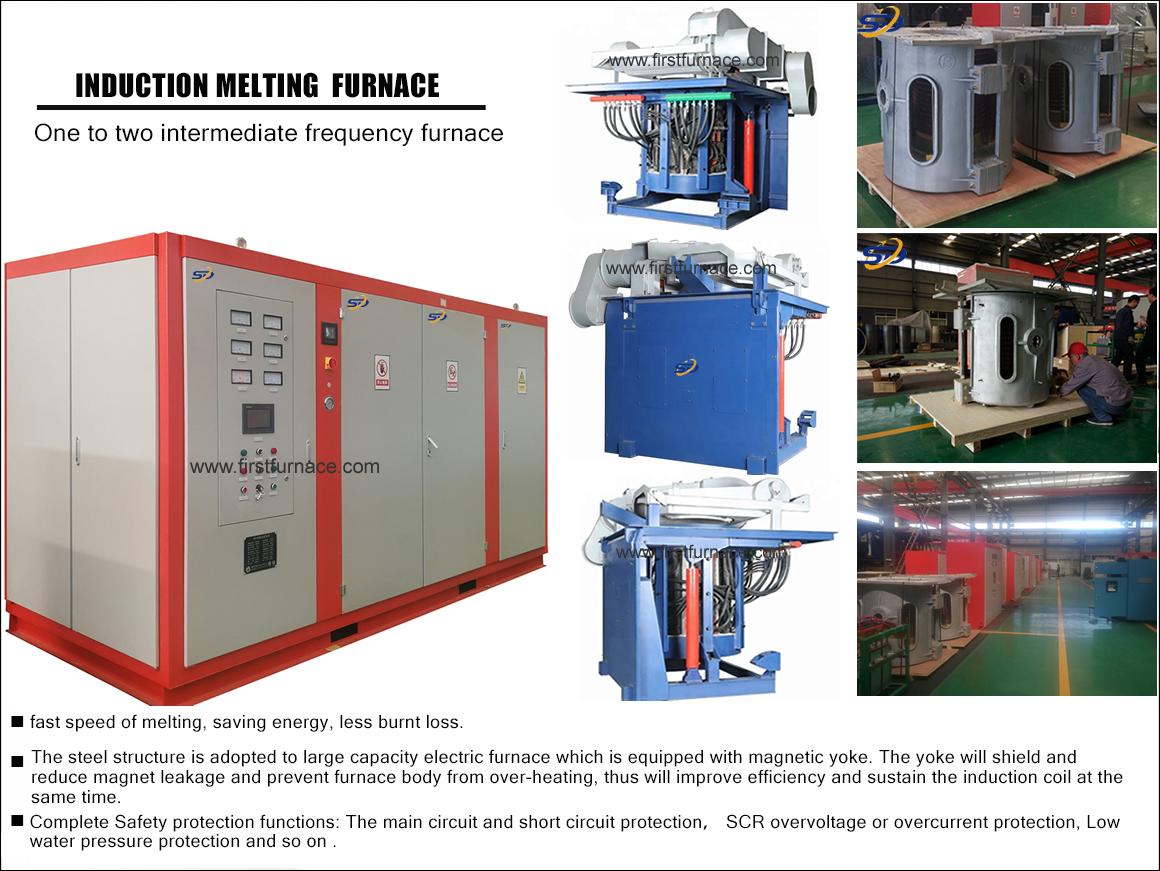Sales hot line ( 24 hours service):+86 13015583380
E-Mail: firstfurnace@gmail.com
whatsapp:+86 13015583380
Adress: Luoxin Industrial Park, Luoyang, HenanLarge diameter steel pipe quen
Piston rod quenching and tempe
Grinding rod quenching and tem
High frequency induction heate
Quenching equipment for machin
Round steel end heating furnac
Steel pipe heat treatment prod
Square steel quenching and tem
Sucker rod quenching and tempe
Thickened petroleum steel pipe
Round steel quenching and temp
Steel pipe quenching and tempe
Steel plate quenching and temp
Induction Hardening Machine&nb
Flywheel ring gear high freque
The purpose of induction heating furnace quenching
The purpose of induction heating furnace quenching is as follows:
1. Improve the wear resistance of the parts surface. Induction heating furnace quenching was originally applied to the surface of the crankshaft journal. Its purpose was to improve the wear resistance of the crankshaft journal. In the past, the crankshaft was quenched and tempered, and the induction heating furnace quenched the crankshaft journal. The abrasion resistance is greatly improved. The cams and journals of engine camshafts and the camshafts of fuel pumps were all carburized and quenched in the early days. Induction heating furnace quenching replaced the carburizing and quenching process due to rapid, low-cost, online production and other reasons. In the early days, cast iron cylinder liners were integrally quenched. Induction furnace quenching replaced the old process with its advantages of automation and high productivity.
2. Improve the fatigue strength of parts. The further application of induction heating furnace quenching is to improve the fatigue strength of quenched parts. Take the EQ1092 automobile half shaft as an example. Under the soil torque load of 3000N-m, the fatigue test is 2 million times, and it is still intact, but the original quenching and tempering treatment, the fatigue life of the half shaft is less than 300,000 times; Another example is that the original process of the universal joint ball head pin is 18CrMnTi steel carburizing and quenching, and then it is quenched by 45 steel induction heating furnace. The bending fatigue life of the parts is increased from 80,000 times to more than 2 million times. Crankshaft fillet quenching doubles the fatigue strength of the crankshaft, and the fatigue strength of some products reaches 700MPa or more.
3. Reduce the heating distortion of the induction heating furnace, especially gear parts. The carburized gear has a large distortion after quenching due to the long process time; while the gear induction heating furnace quenching, especially the synchronous dual frequency (SDF) gear quenching, has a short process time and distortion Small, improve gear accuracy and reduce noise. In our country, there are also instances where carburized internal gears are changed to induction heating furnace quenching due to large distortion.
4. Use low-hardenability steel to manufacture gears and other parts for energy-saving and material-saving, etc., for induction heating furnace quenching. The first is that the steel has no alloying elements, which saves material costs, and the second is local heating and quenching, which takes a short time, so the energy saving effect is significant; automated online production saves labor, no oil pollution, no harmful gas emissions, and even more protects the environment.
5. Replacing deep carburizing Deep carburizing is a process with long cycle and high power consumption. In recent years, foreign countries have successfully used induction heating furnace quenching to replace it. The benefits are: steel cost reduction, energy saving, labor-saving (carburizing and cold working grinding), and reduced distortion.
Therefore, the following conclusions can be drawn:
1) The surface quenching of the workpiece is heated by the induction heating furnace, which greatly improves the wear resistance of the original workpiece.
2) Compared with ordinary integral quenched parts, induction heating furnace quenched parts have improved wear resistance due to high surface hardness and no decarburization.
3) The wear resistance of induction heating furnace quenched parts made of medium carbon steel is lower than that of carburized quenched parts due to the low surface hardness and carbon content.
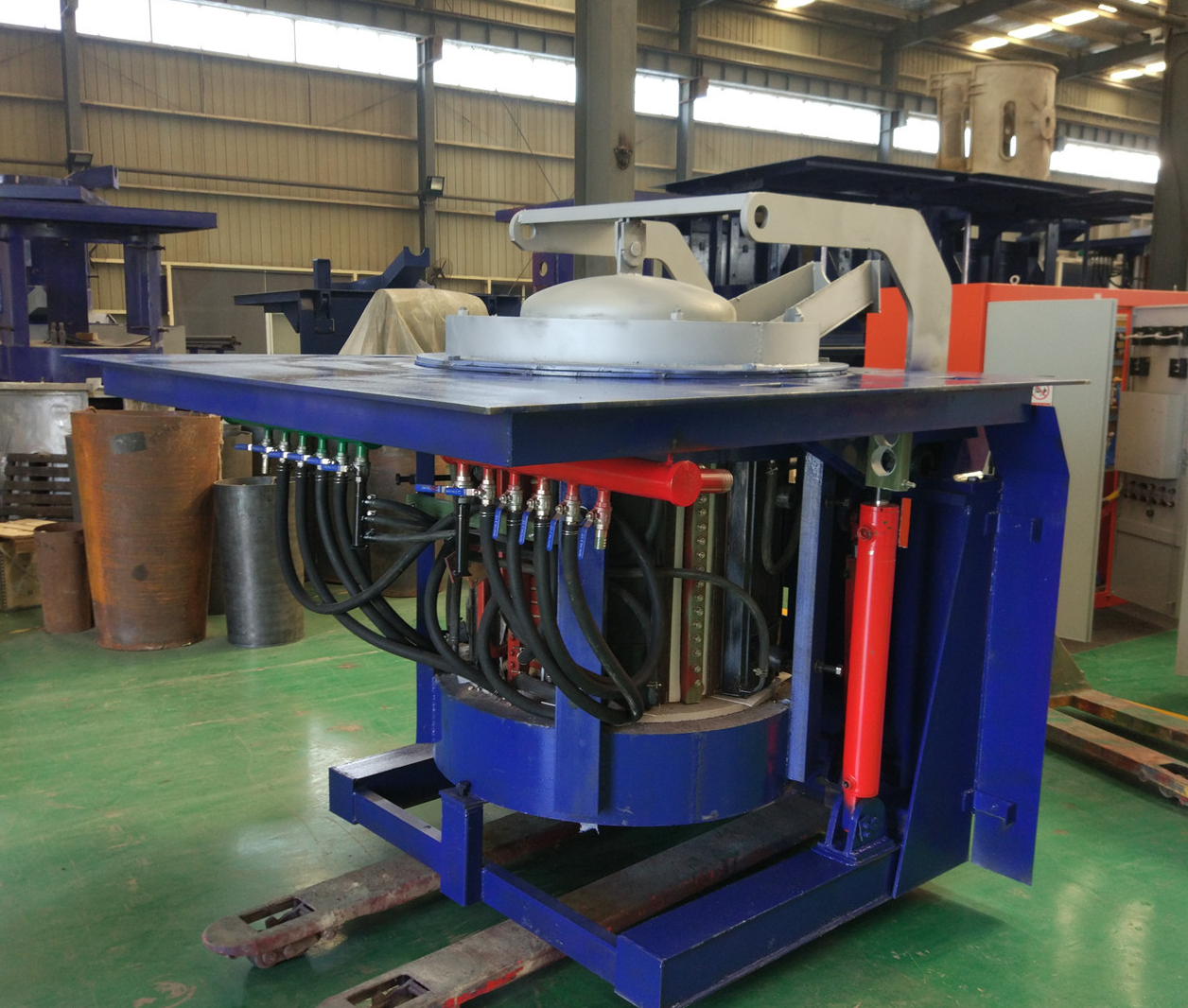
Iron induction furnace
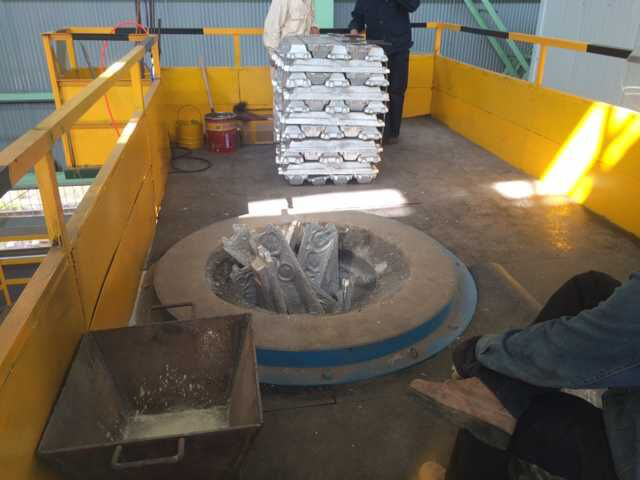
Aluminum melting furnace
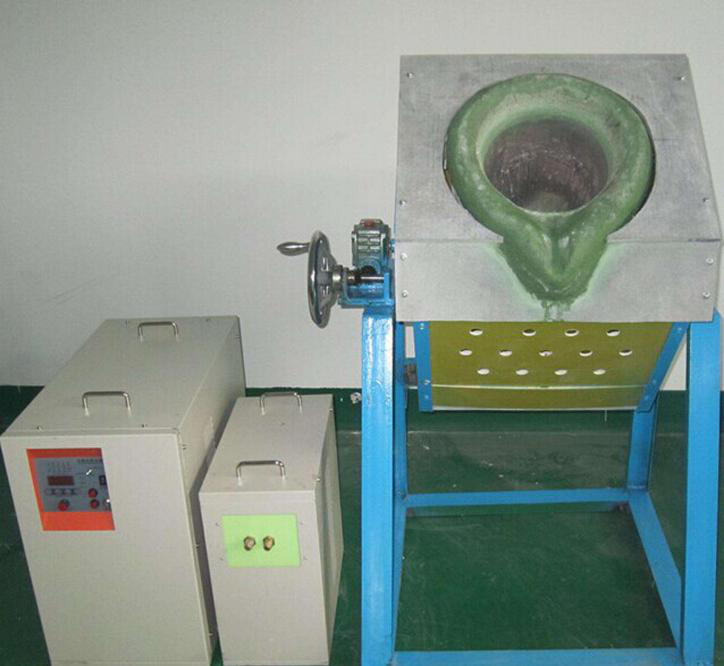
Copper melting furnace
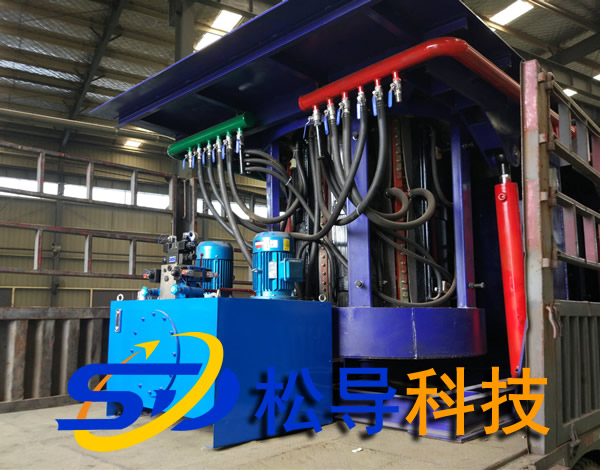
Small steel melting furnace
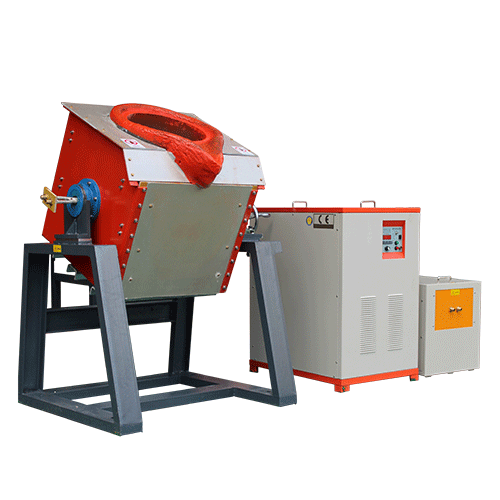
Small induction melting furnace
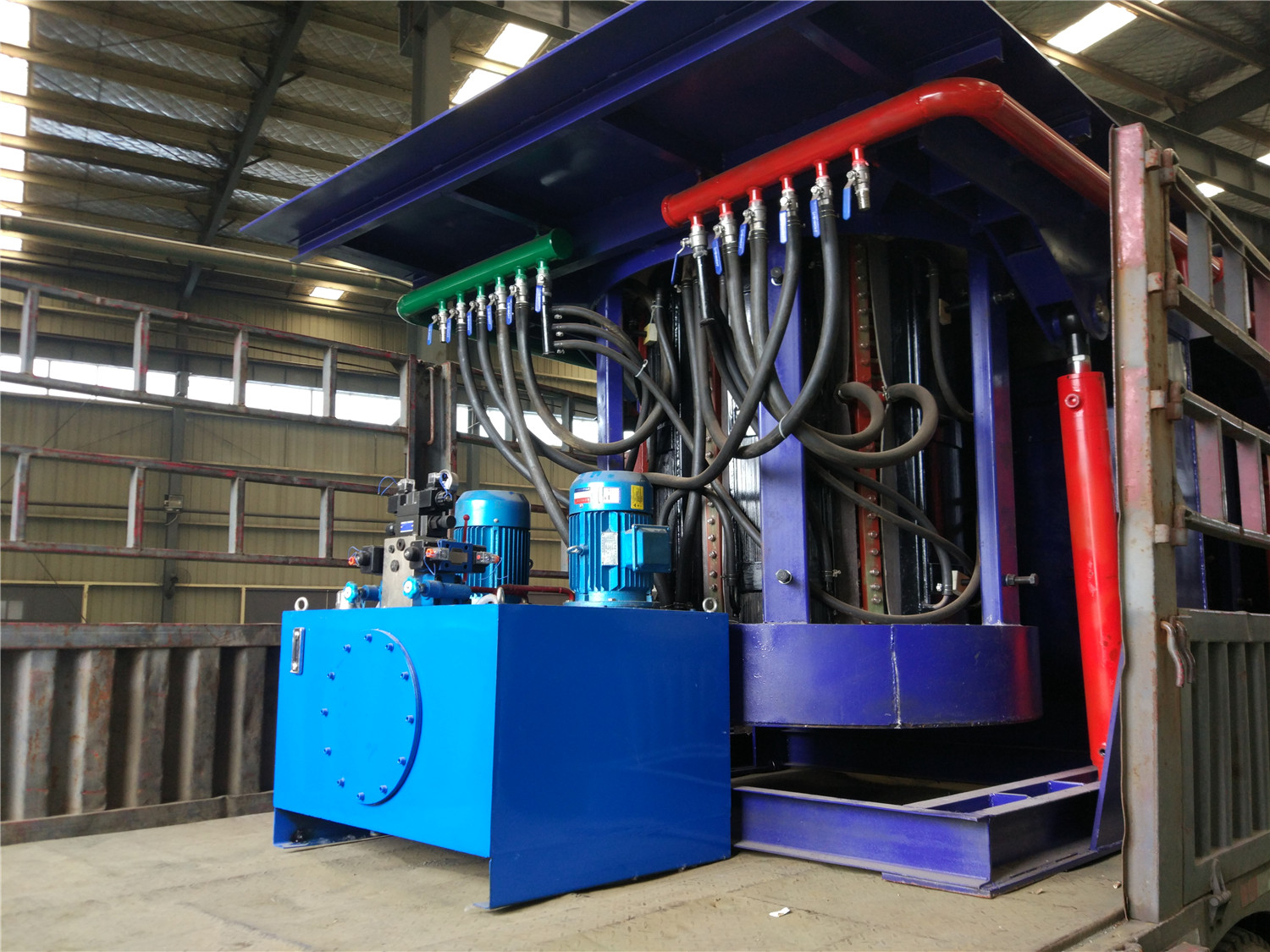
Induction iron furnace
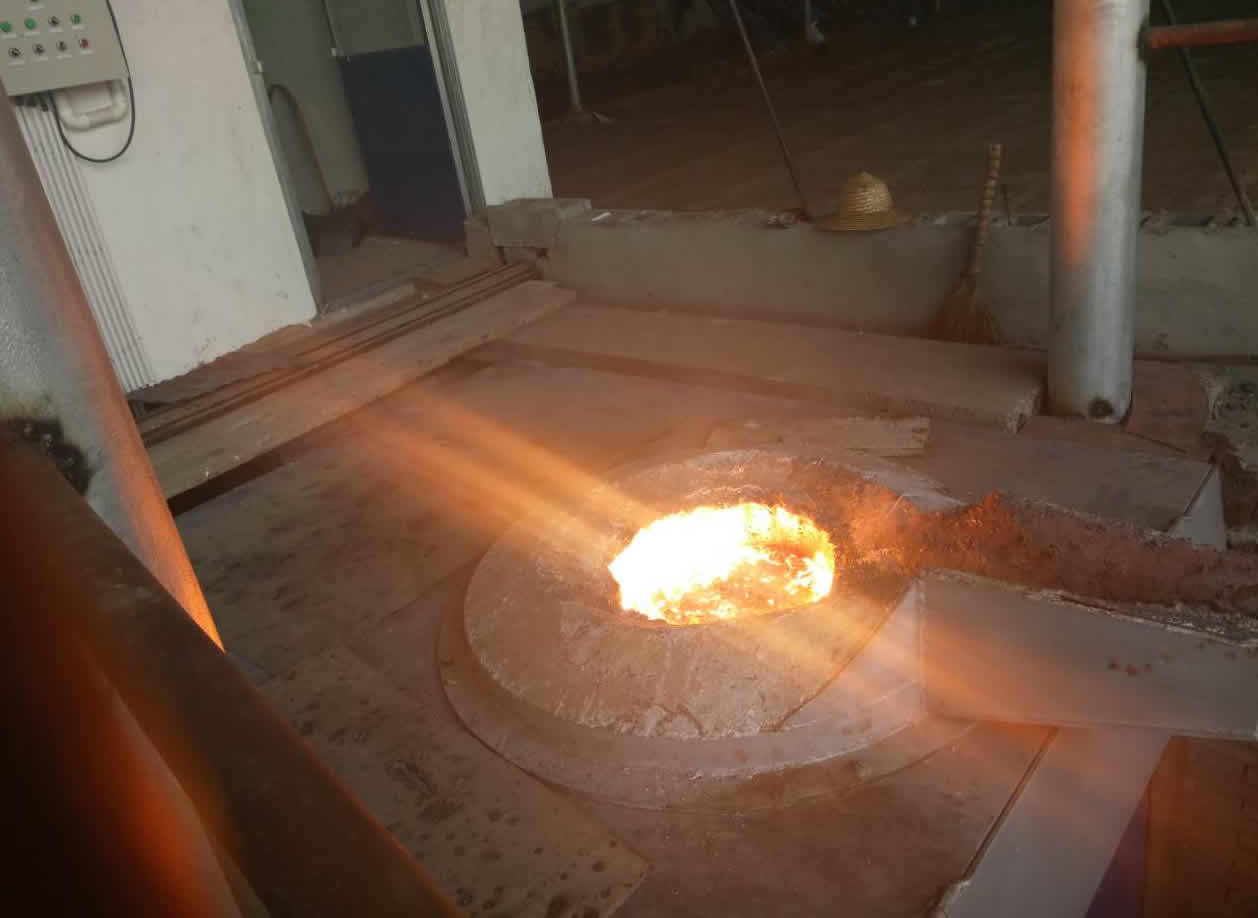
3T intermediate frequency iron melting f
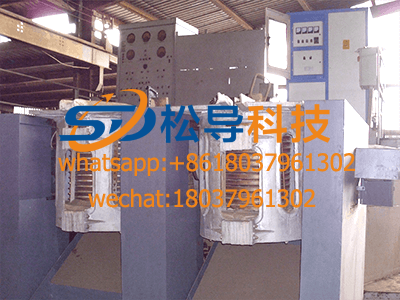
0.25T Intermediate Frequency Furnace
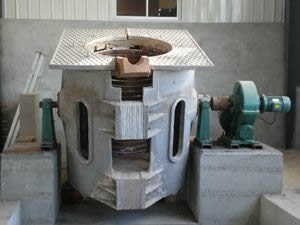
0.5T Intermediate Frequency Furnace
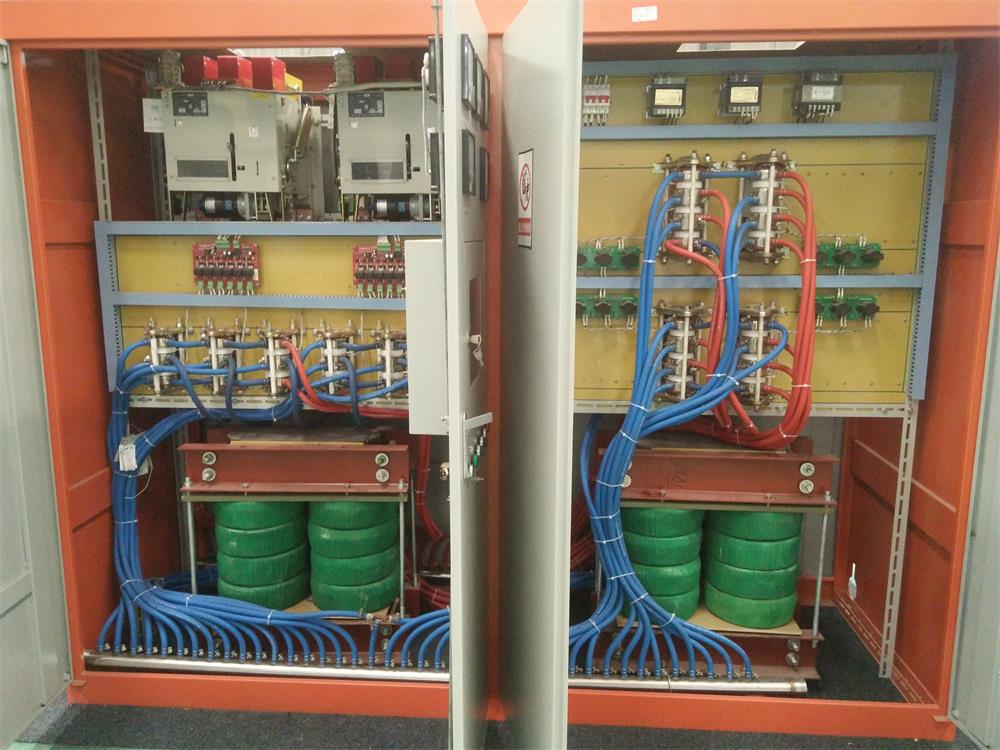
Medium Frequency Furnace

2T Induction Melting Furnace
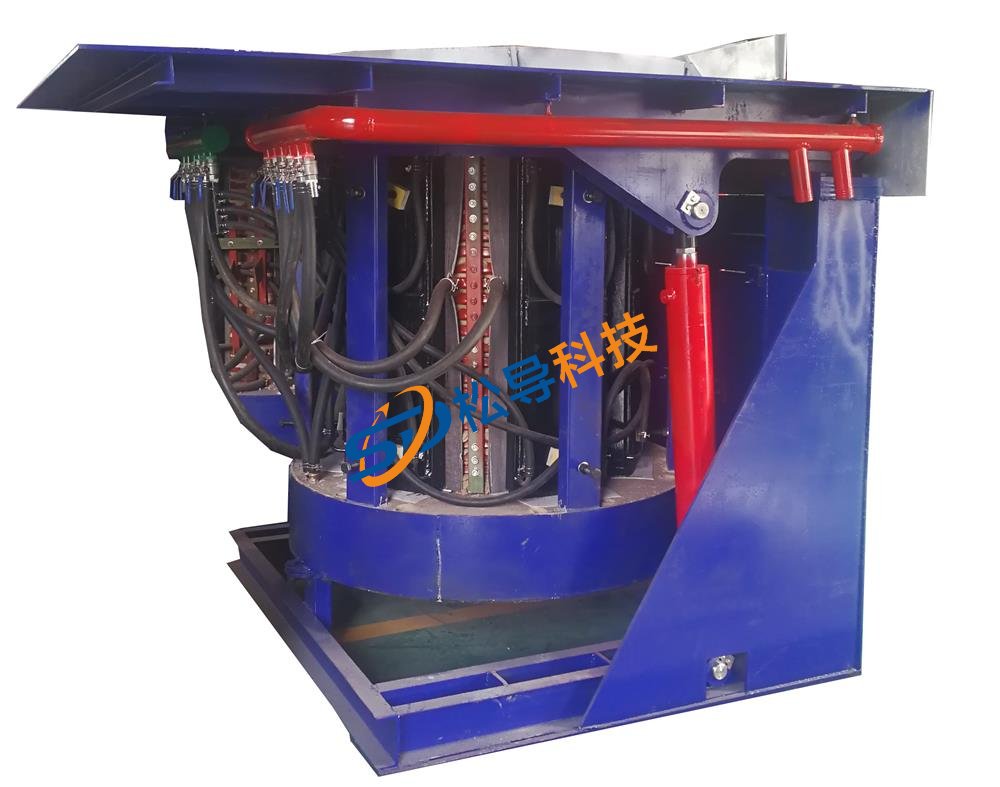
1T Induction Melting Furnace
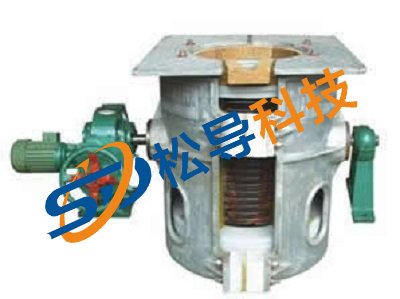
500kg Induction Melting Furnace
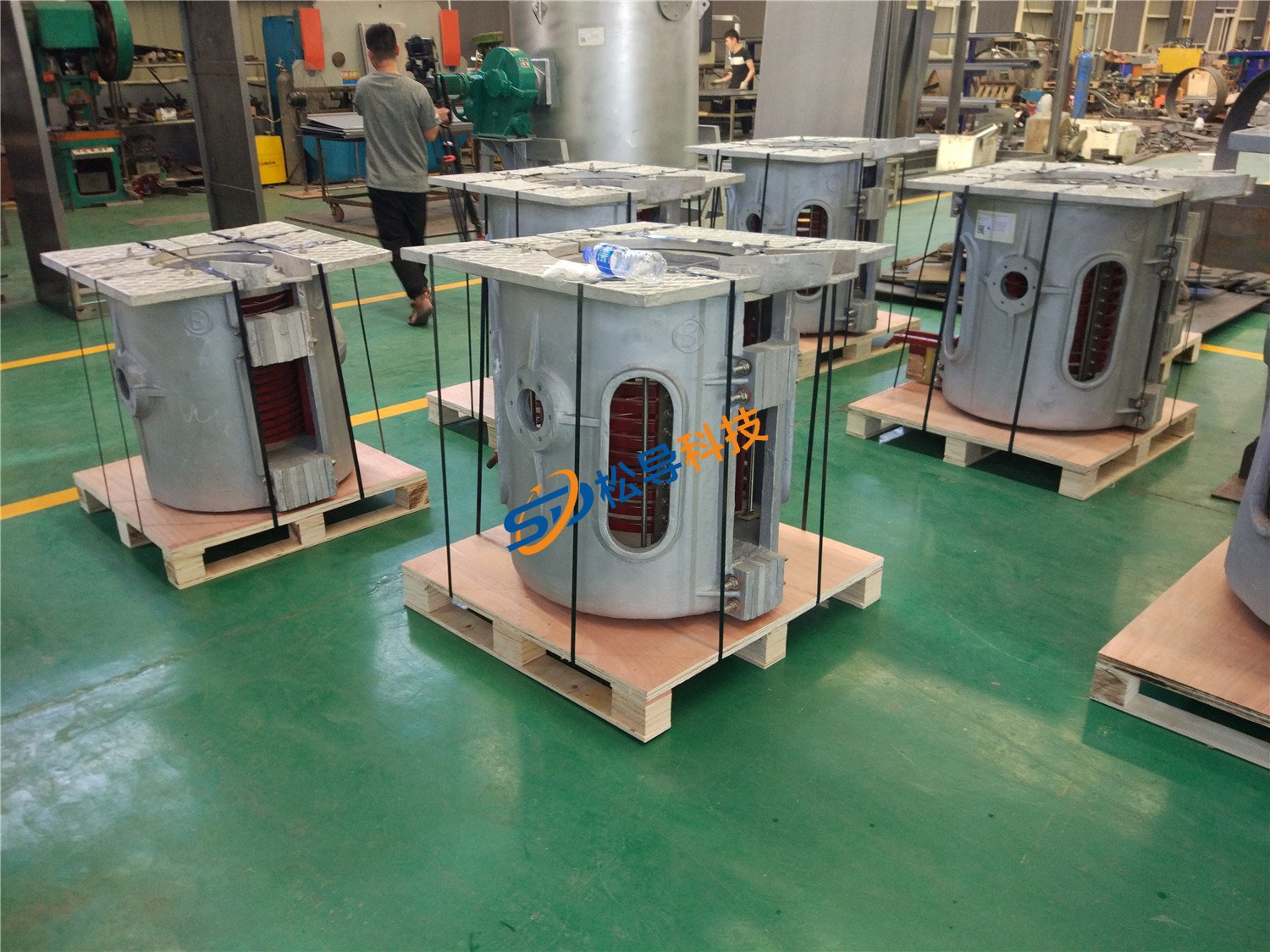
250kg Induction Melting Furnace
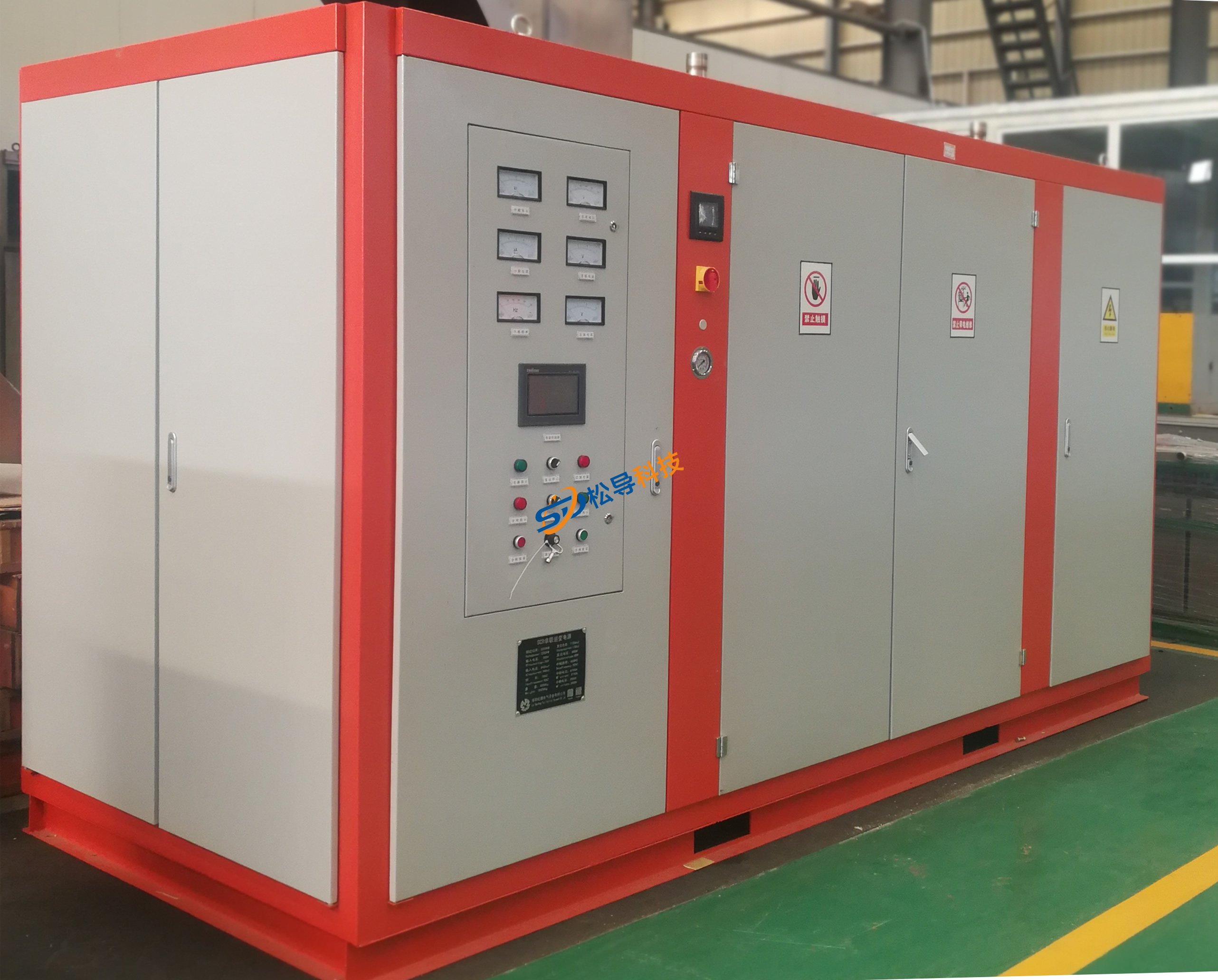
Induction Melting Furnace
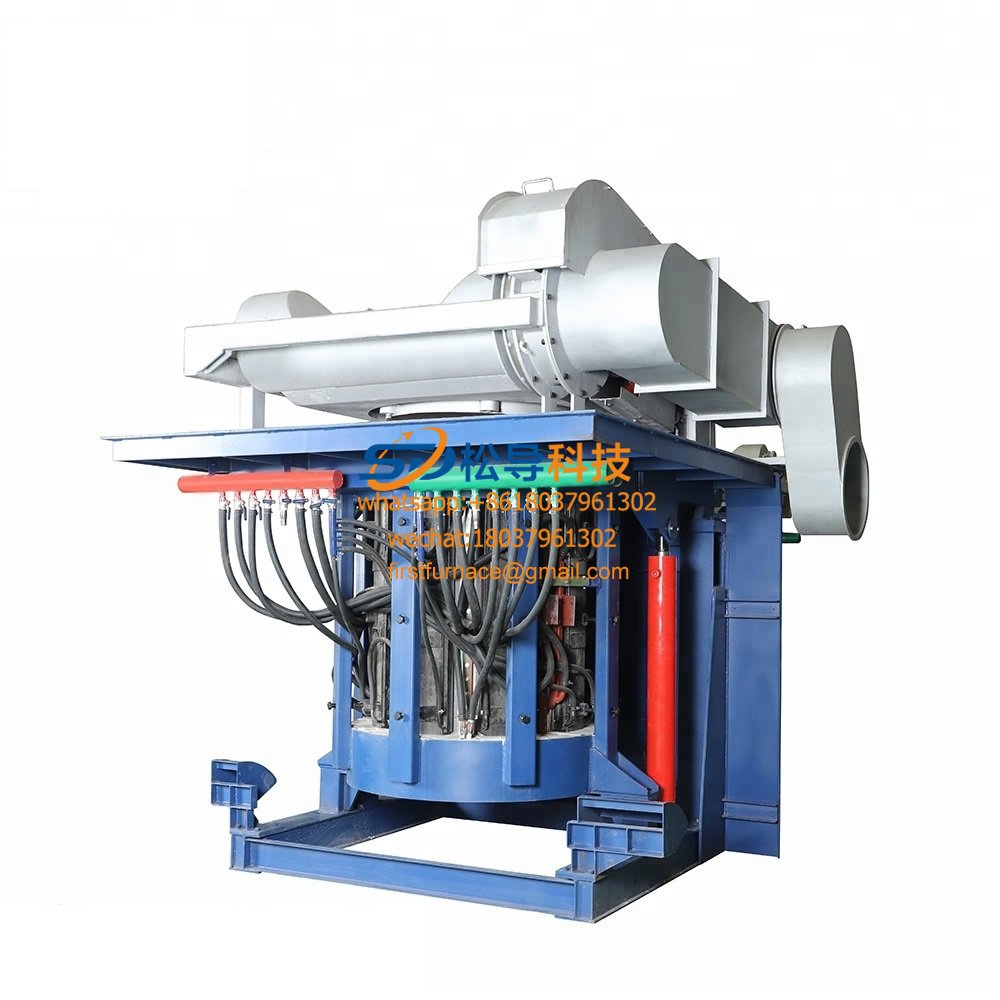
3 T Induction Melting Furnace
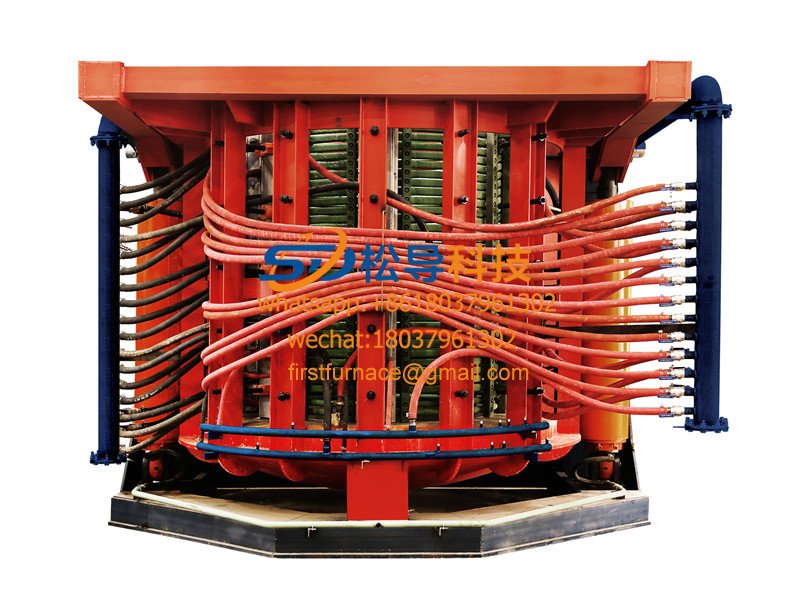
5T Induction Melting Furnace
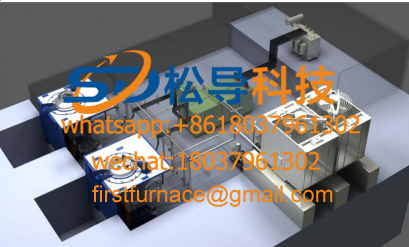
1T One Belt Two Intermediate Frequency F

5T One Belt Two Intermediate Frequency F
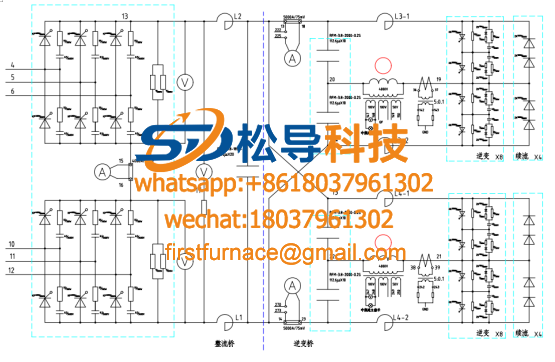
3T One Belt Two Intermediate Frequency F
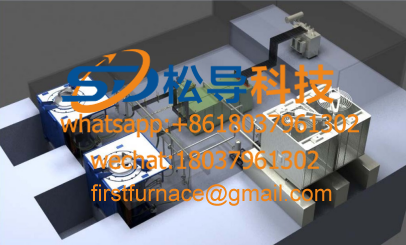
2T One Belt Two Intermediate Frequency F
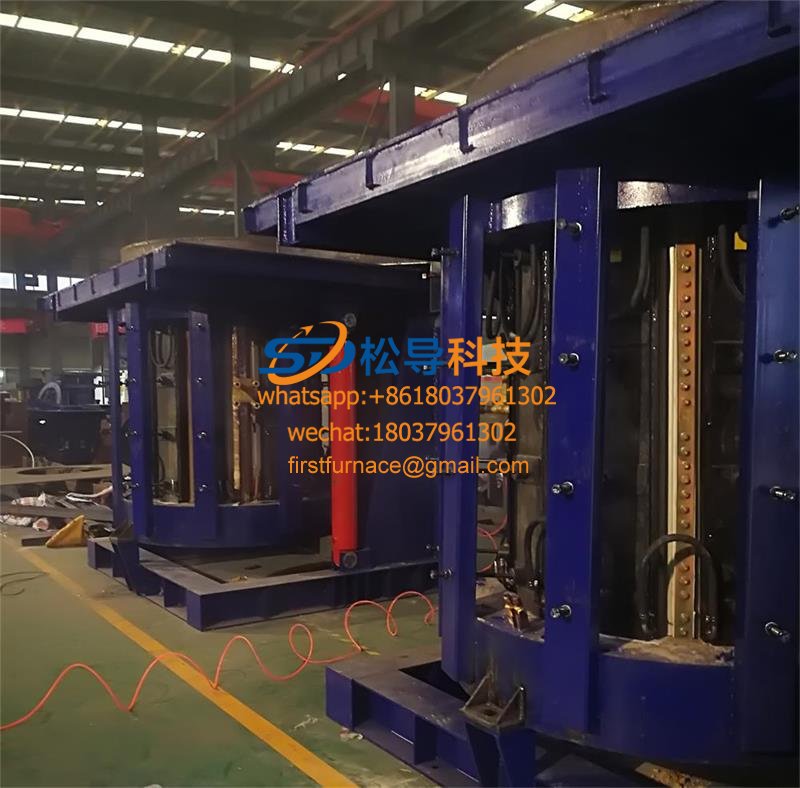
5T Parallel Intermediate Frequency Furna
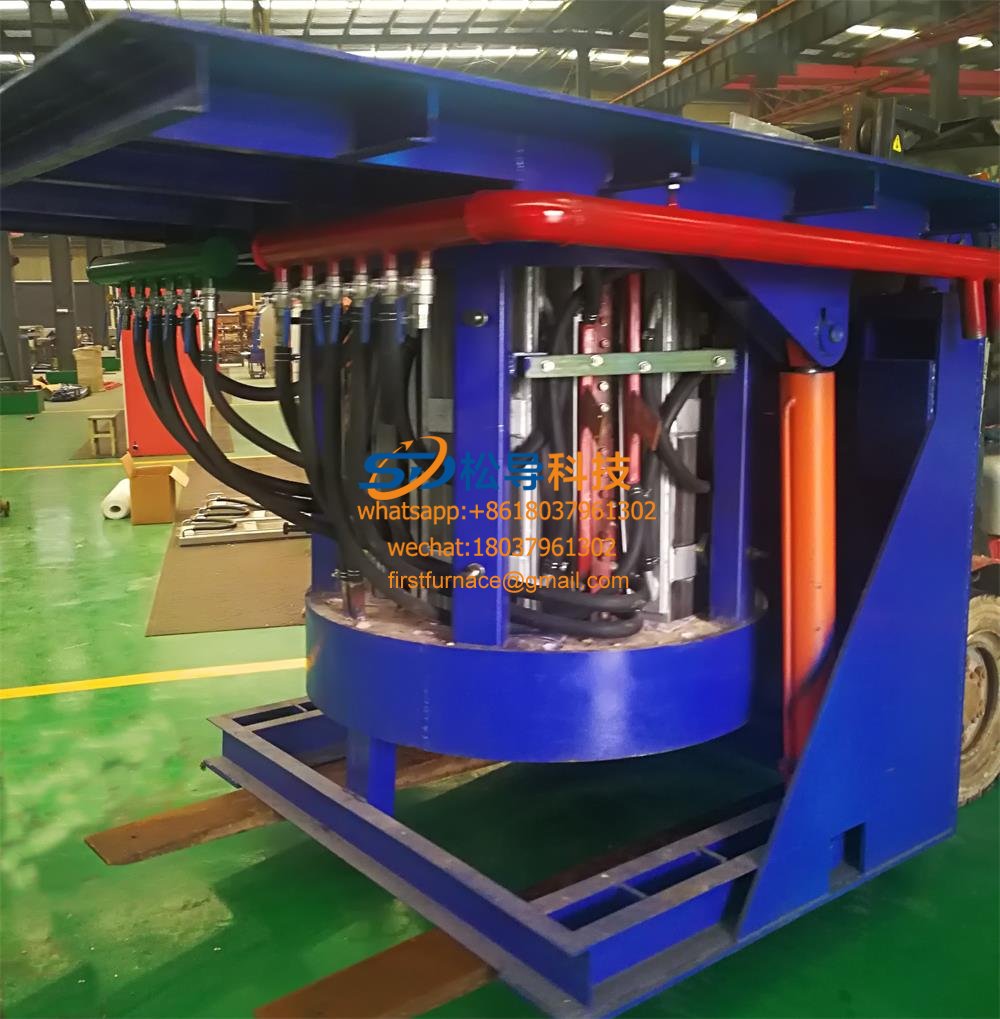
5T Intermediate Frequency Furnace

5T Series Intermediate Frequency Furnace
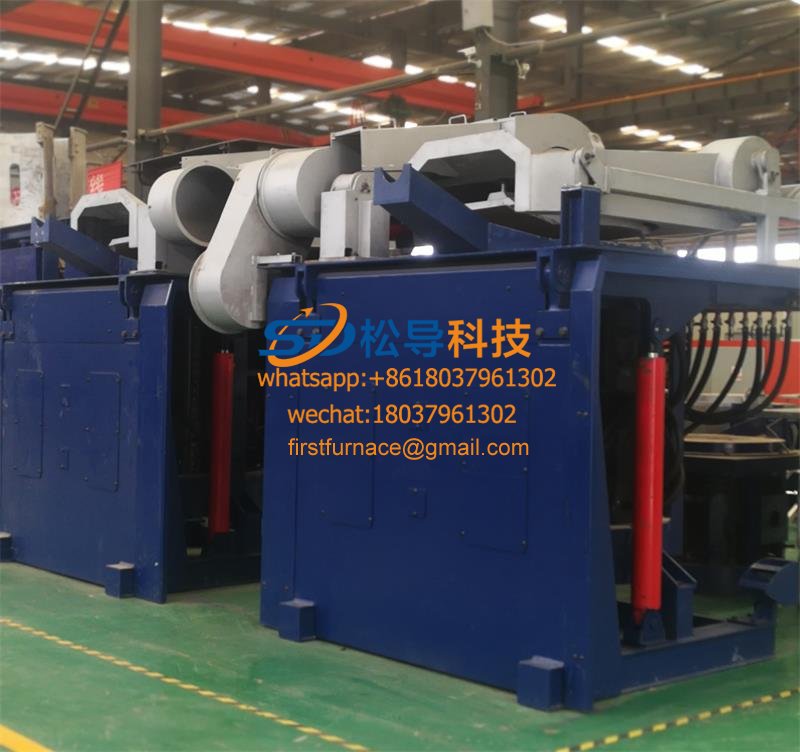
3T Series Intermediate Frequency Furnace
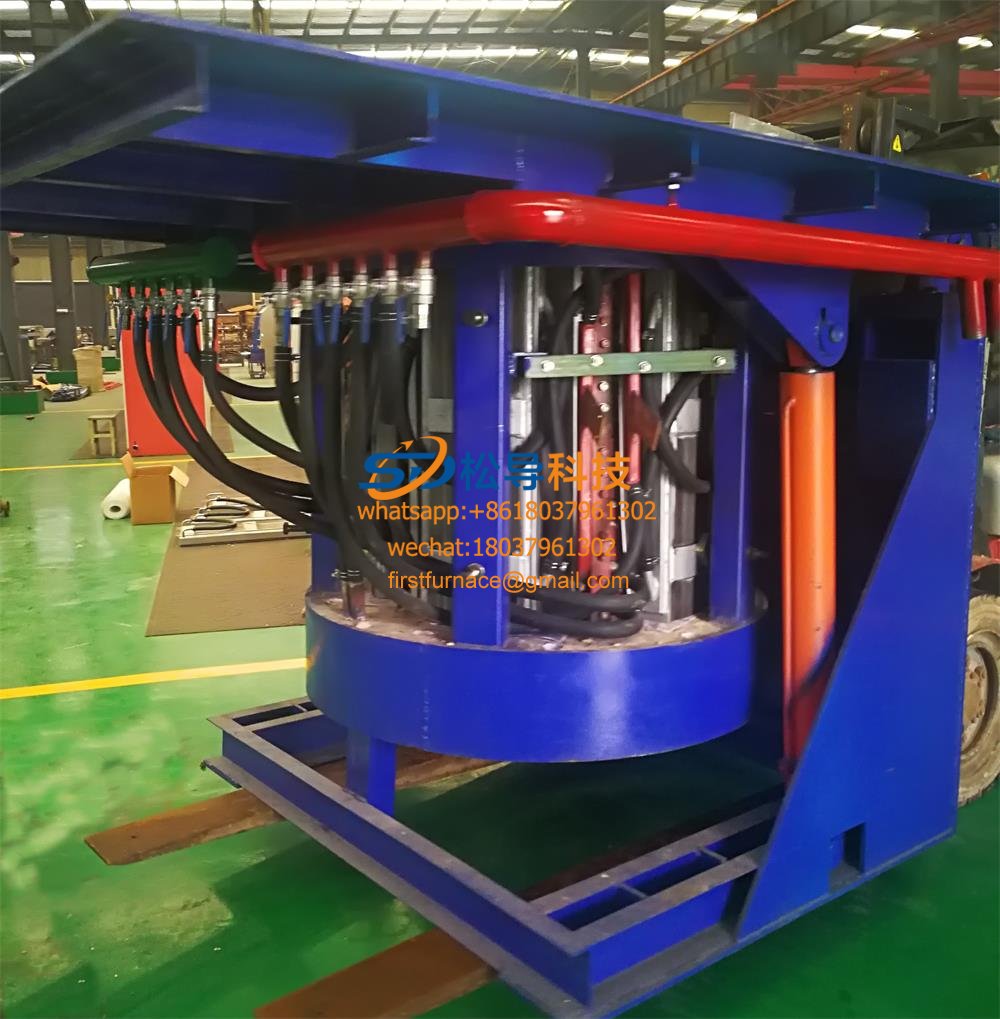
2T Series Intermediate Frequency Furnace
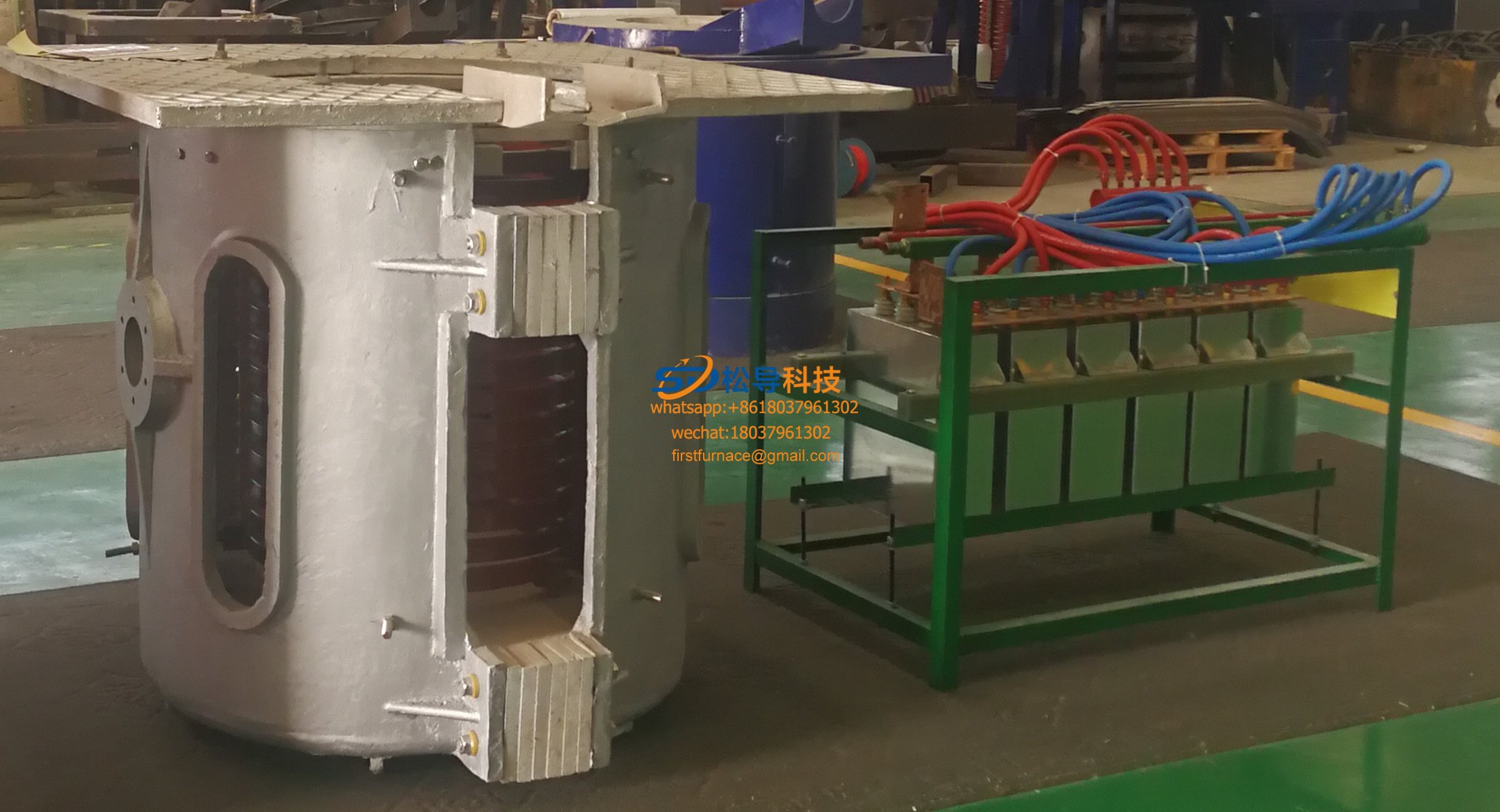
1T Series Intermediate Frequency Furnace
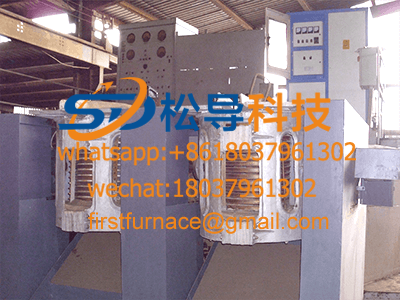
0.5T Series Intermediate Frequency Furna

0.25T Series Intermediate Frequency Furn
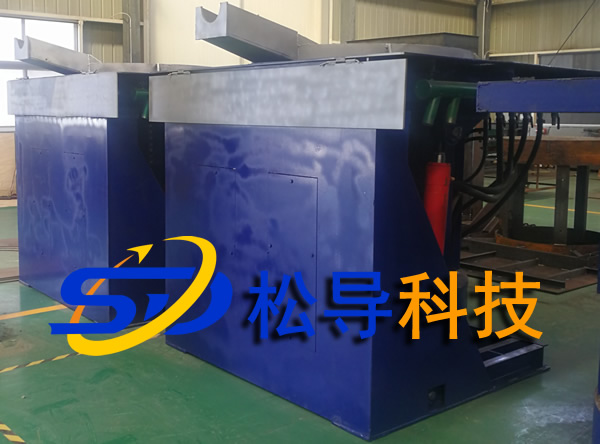
1T Parallel Intermediate Frequency Furna
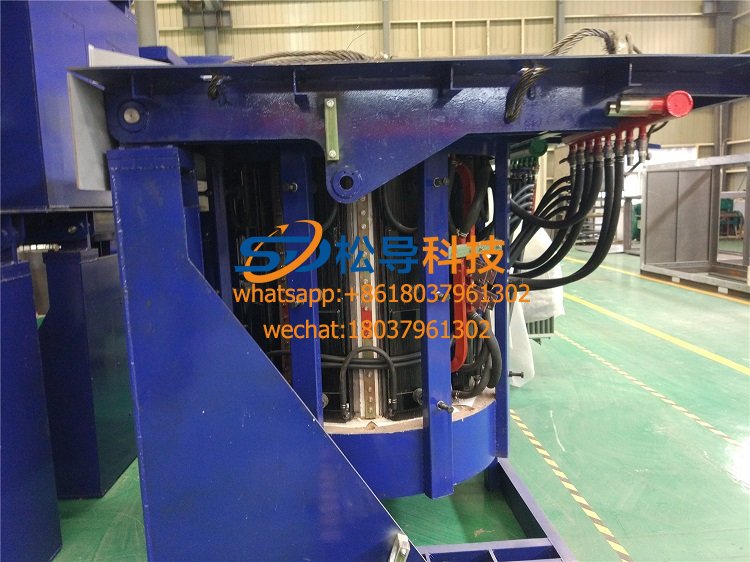
2T Parallel Intermediate Frequency Furna
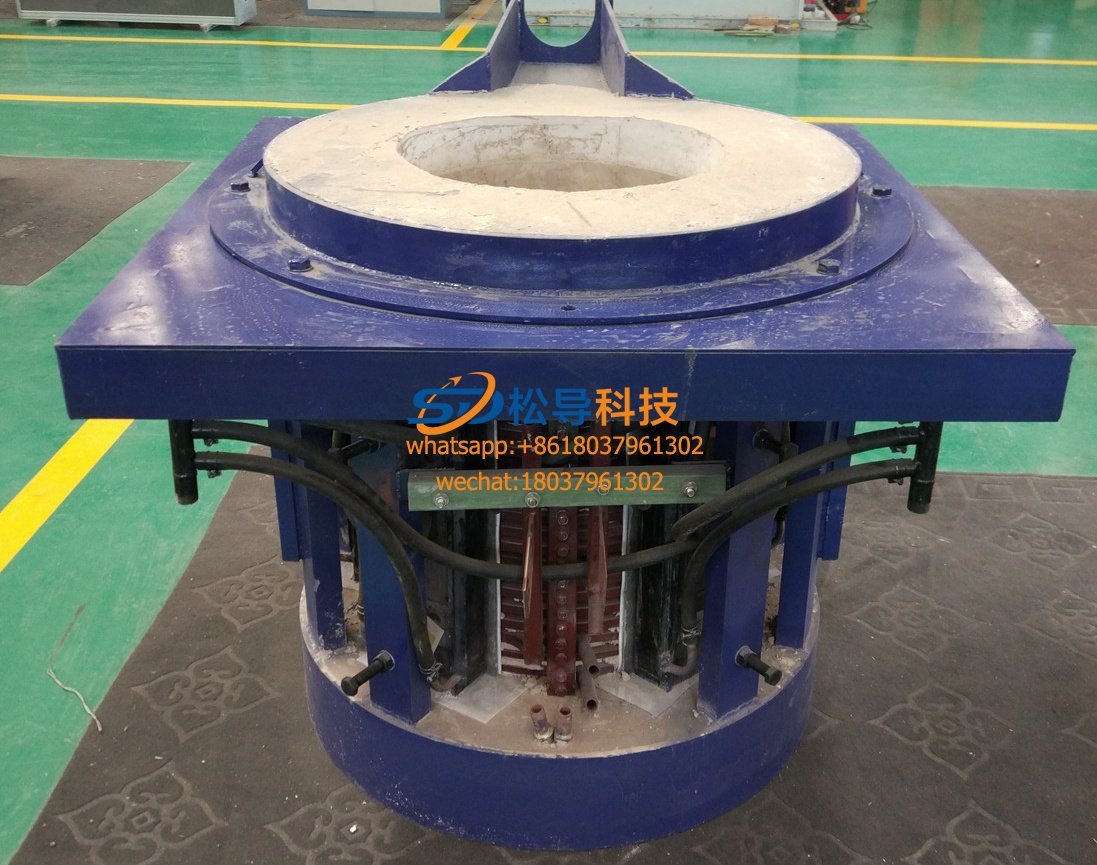
0.5T Parallel Intermediate Frequency Fur






